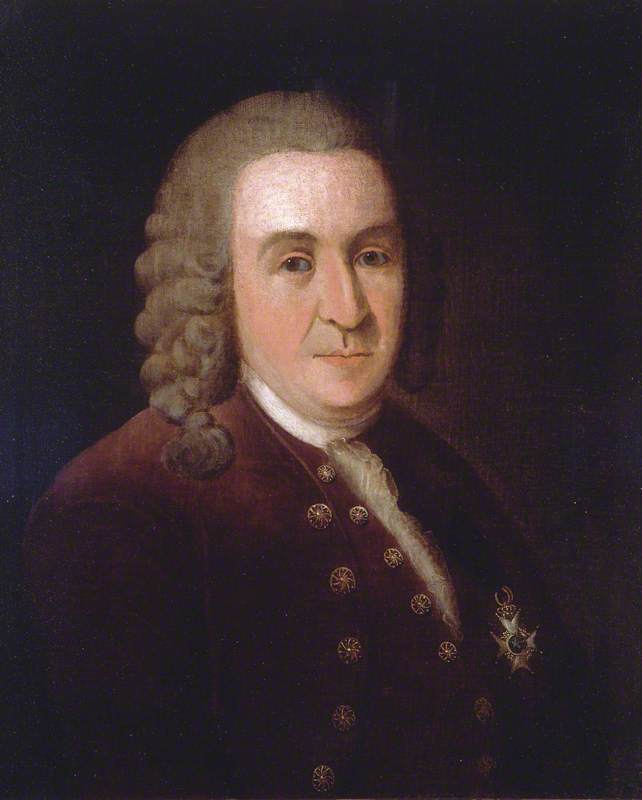Carl Linnaeus (1707 – 1778) is famous for his work on species classification and his system for classification based on ranking and naming species is still in wide use today. Linnaeus is often regarded as the father of modern taxonomy.
Early Life

Linnaeus was born in Rashult, a town in southern Sweden. He was the oldest of five children and his father, Nils Linnaeus, was an avid gardener. This seems to help explain why it seems that from a very early age Linnaeus developed an affection for nature, in particular plants. As a boy he would spend hours in his fathers garden exploring the growing plants. He education began at home, both in the garden and from his father who taught him the basics of reading and writing.
Carl’s father sensed his passion for botany and convinced a local doctor and botanist, Johan Rothman, to tutor him in medicine and botany. In 1727, at the age of 21, he enrolled to study at Lund University and the following year he transferred to Uppsala University, the most prestigious school in Sweden. There he was able to study both medicine and botany before embarking on a few expeditions around Sweden where he created and then refined his species classification system.
Scientific Career
The cornerstone of Linnaeus’s scientific career was the development of a hierarchical system of classification for all living organisms. In 1735 Linnaeus published one of his most famous works, Systema Naturae, which by the tenth edition can be considered the beginning of zoological nomenclature as it’s the first edition to use binomial nomenclature throughout. By this time the work had grown from a twelve page manuscript to once classifying over 4,400 plant species and 7,700 animal species.
Along with his scientific work in taxonomy Linnaeus tried to apply science to bureaucratic practices with the goal of mobilizing resources to the improvement of the population and the strengthening of the state. He was a founder of the Royal Swedish Academy of Science. By the time of his death he was one of the most influential scientists of his time thanks to his enormous capacity for work and high ambition.